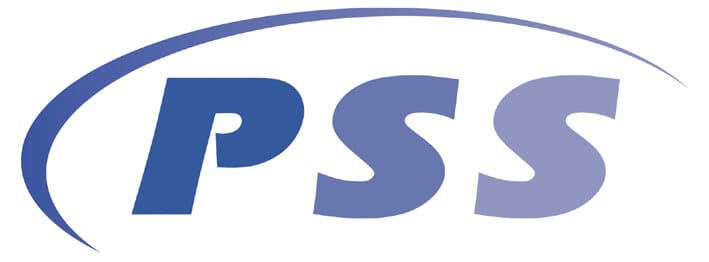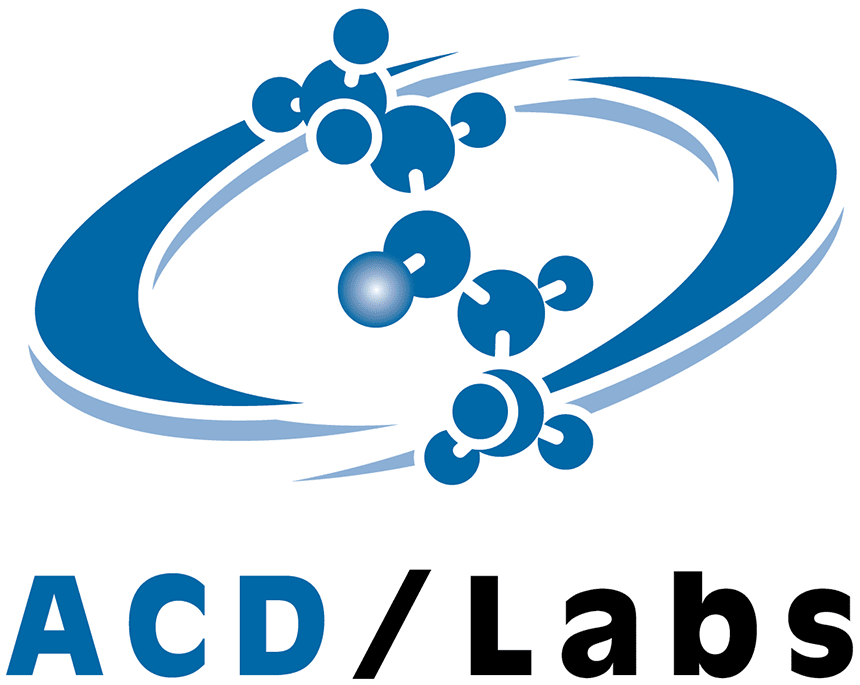Biotherapeutics, such as monoclonal antibodies (mAbs), are of increasing interest due to their high efficacy and potential for the diagnosis and therapy of various chronical autoimmune or tumorous diseases.
The control of the critical quality attributes (CQAs) of mAbs is crucial to avoid a loss in pharmaceutical efficacy and to prevent from immunogenic reactions. One essential parameter to monitor is the content of aggregates (dimers, trimers, and higher aggregates). Aggregation can take place during manufacturing processes, shipping, or are the result of long-term storage.
Besides aggregation, antibody fragments, resulting from degradation of full-length antibodies, should be monitored.
GPC/SEC is the method of choice to monitor aggregation and fragmentation. Hence, a GPC/SEC method needs to be addressed, which allows for the simultaneous analysis of native antibodies, their aggregates, and fragments with superior resolution and highly sensitive detection techniques such as UV and light scattering detection





